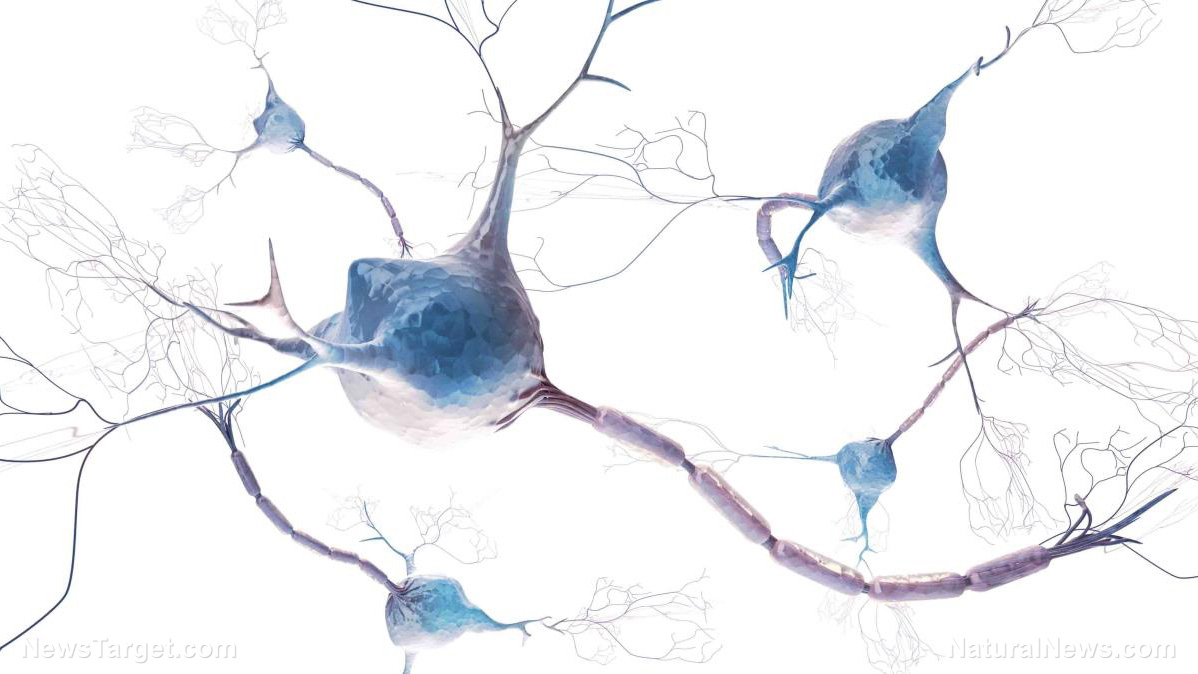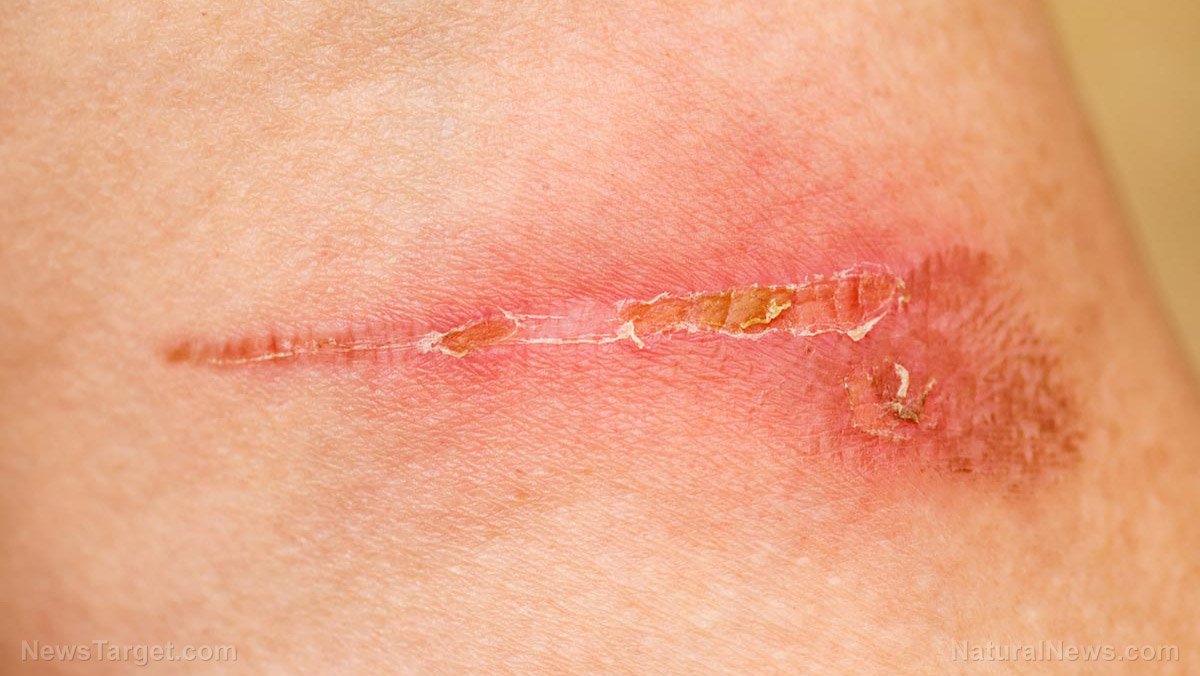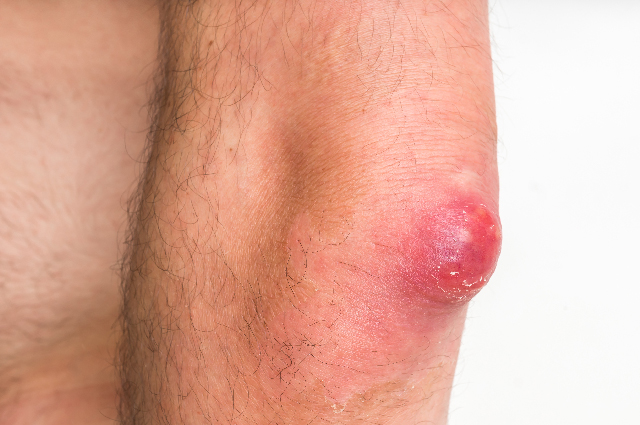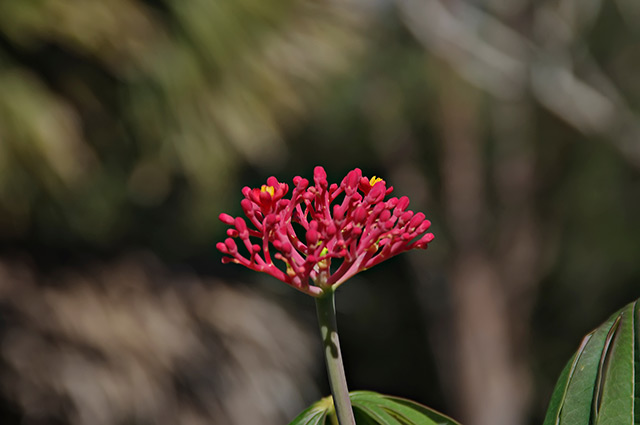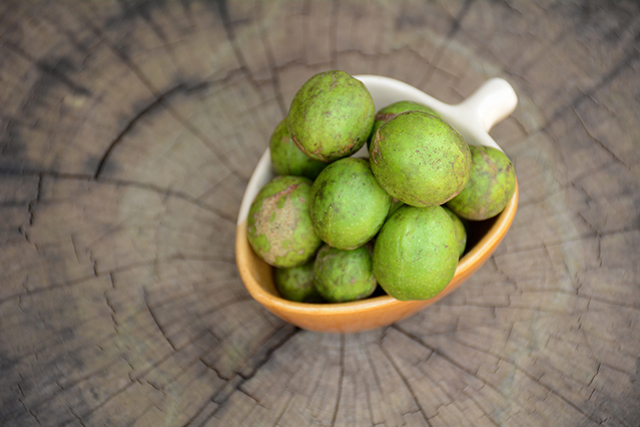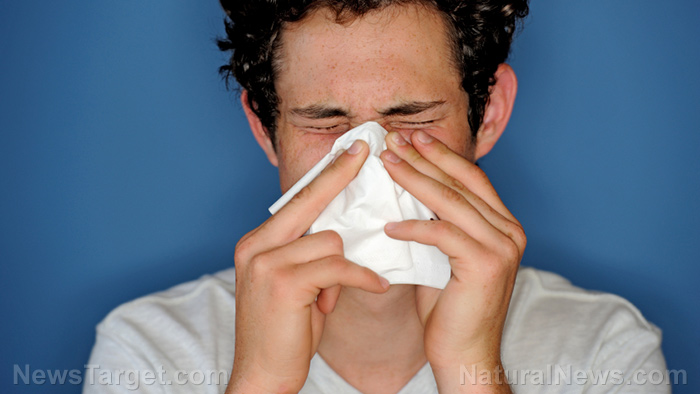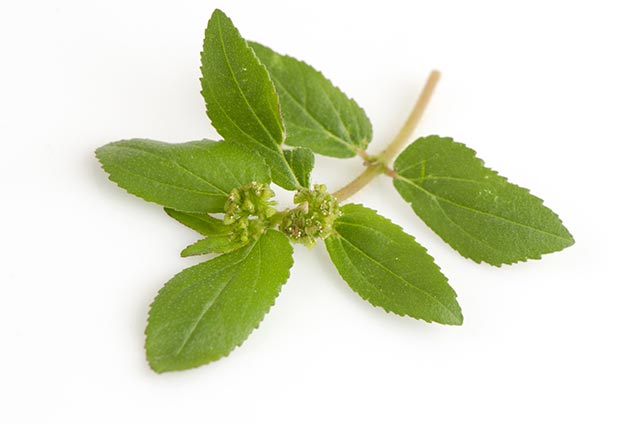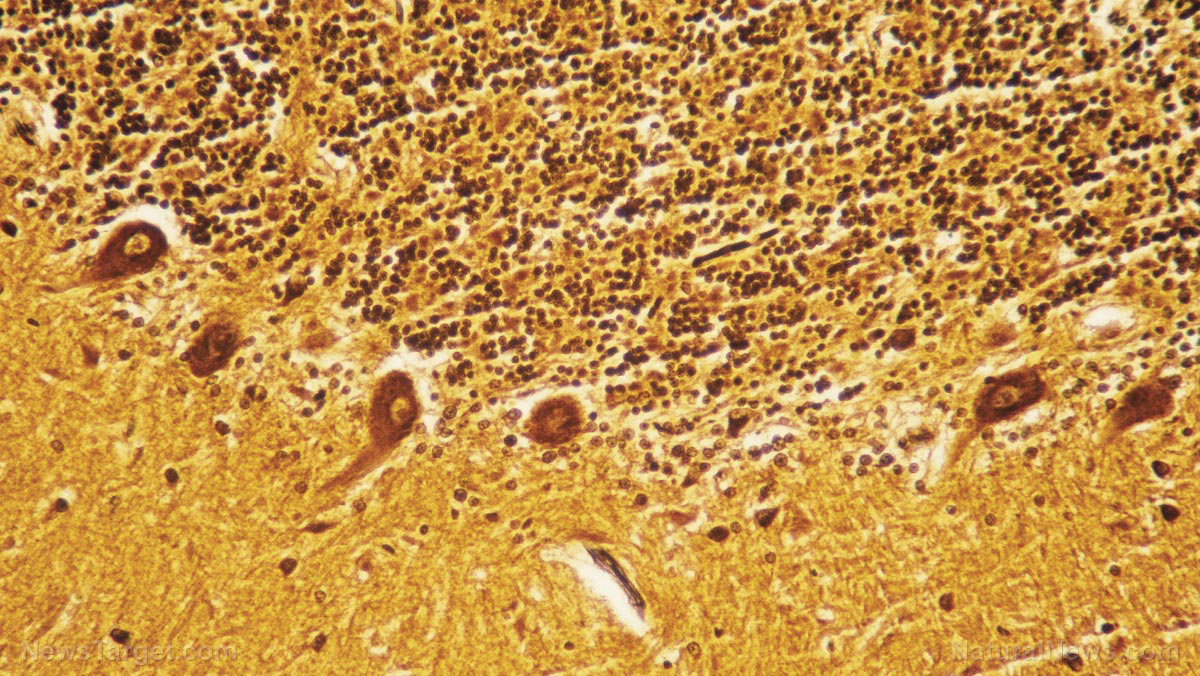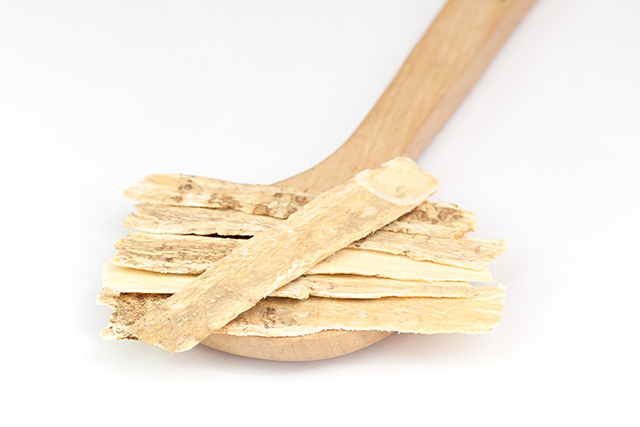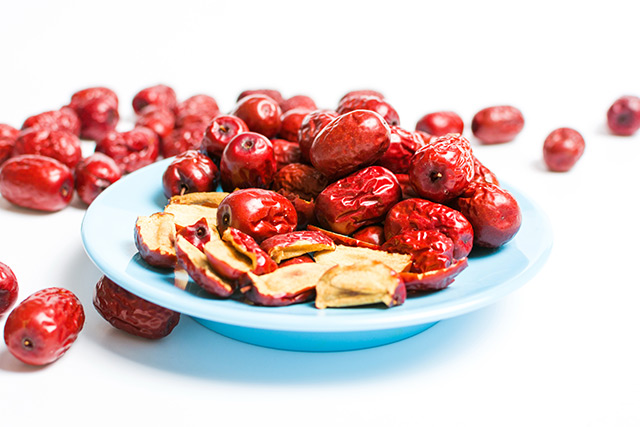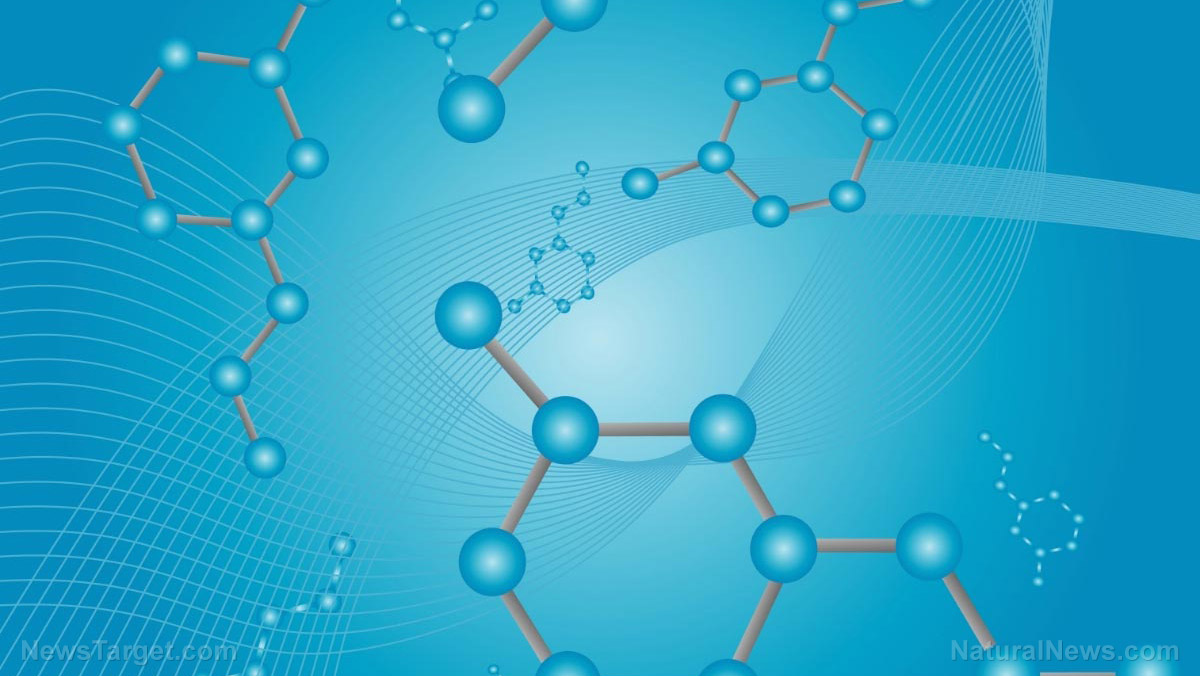Researchers discover that strawberries can inhibit breast cancer in mice
05/15/2017 / By Frances Bloomfield
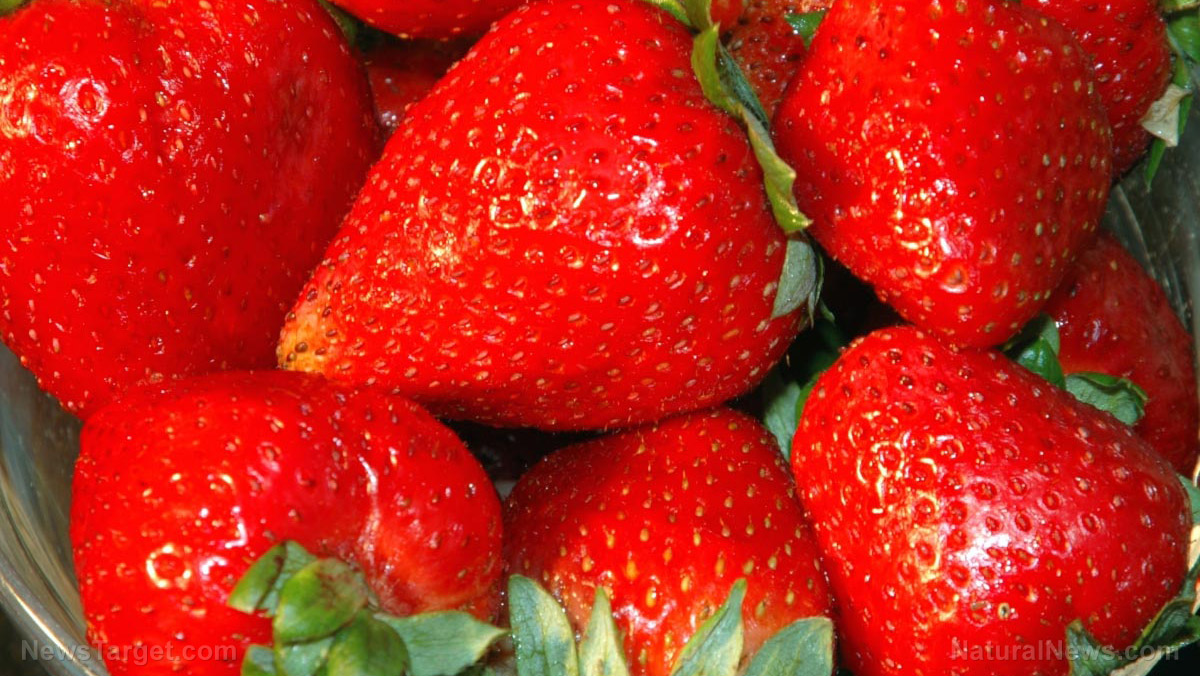
Not only are strawberries a delicious fruit, they could also be a cancer-fighting food in the future. Thanks to the efforts of Latin American and European researchers, the potency of strawberries against breast cancer among mice has been established. In the new study first published in the journal Scientific Reports, the team of researchers has noted that strawberries have “potential positive effects…to prevent or treat breast cancer.”
Earlier investigations have shown that strawberries can offer a score of benefits. Consuming 500g or 10 to 15 strawberries a day can reduce blood cholesterol levels and bring antioxidant and anti-inflammatory compounds into the body, states AgenciaSINC.es. With this mind, the researchers conducted the study on two groups female mice with breast tumors and lab-grown cancer cells from an invasive and highly aggressive strain. Over the course of several weeks, a group mice were fed extract from Alba strawberries. The tumors were monitored twice a week through palpitation.
After five weeks of subsisting on a strawberry-rich diet, the mice in one group showed promising signs. The tumors extracted from these mice showed no indications of further growth. According to the DailyMail.co.uk, a number of the tumors even shrank, possibly due to the phenolic plant compounds found in the fruit. Strawberry extract had been found to reduce the expression of genes that involved invasion and metastasis, or the spread of cancer cells across the body
“We saw a significant reduction in the weight and volume of the tumor,” said Dr. Maurizio Battino, co-author of the study and a principal investigator at the Marche Polytechnic University in Italy.
In spite of the encouraging results, the researchers have pointed out that the outcomes of animal tests may not necessarily be the same for humans. Battino has stated: “The majority of diseases, including cancer, are complex, and involve complex interactions between cellular and molecular systems that determine the development of the disease. These results are without a doubt valid for understanding potential effects of strawberries on breast cancer and the molecular mechanisms involved, but they must be complemented with clinical and epidemiological studies to verify whether humans experience the same positive effects as we have observed in mice.”
However, the researchers did acknowledge that a a balanced diet with plenty of vegetables and fruits—including strawberries—was part of a healthy lifestyle to protect against cancer.
One other thing the researchers had pointed out was that phenolic compound concentration differed between strawberry varieties.
Strawberry benefits
Although their breast cancer-reducing qualities have yet to be conclusively proven on humans, that doesn’t mean strawberries should be written off just yet. Strawberries are one of the best sources of ascorbic acid or vitamin C, a nutrient that improves the body’s immune system while simultaneously protecting cells from damage caused by free radicals. These fruits are rich in anti-inflammatory polyphenols and antioxidants, such as flavonoids, phenolic acids, tannins, and stilbenes. These help make strawberries an ideal food for better cardiovascular health by breaking down lipid hydroperoxides that could clog up blood vessels. Strawberries are also full of other nutrients such as magnesium, calcium, and potassium.
Furthermore, eating strawberries has been shown to suppress appetite while stimulating the metabolism. Adiponectin, a hormone triggered by strawberries, is a hormone known for burning fat and for working alongside leptin, the hormone responsible for weight gain and weight loss. Elevated levels of adiponectin in the blood stream were shown to diminish the risk of heart attack; on the other hand, lower levels of adiponectin have been connected to obesity.
Read more on natural health alternatives, including foods, by visiting Remedies.news today. You can also visit Superfoods.news to learn about other nutrient-dense foods.
Sources include:
Tagged Under: breast cancer, breast cancer treatments, Strawberries, strawberry



